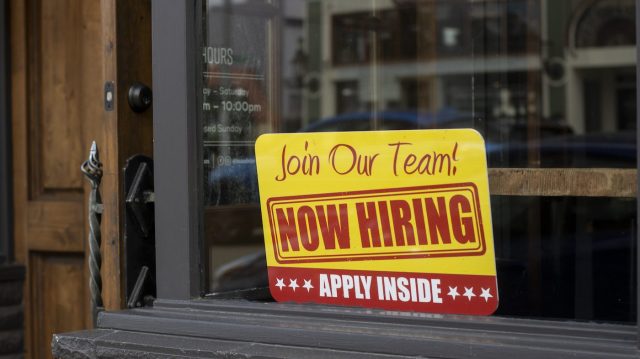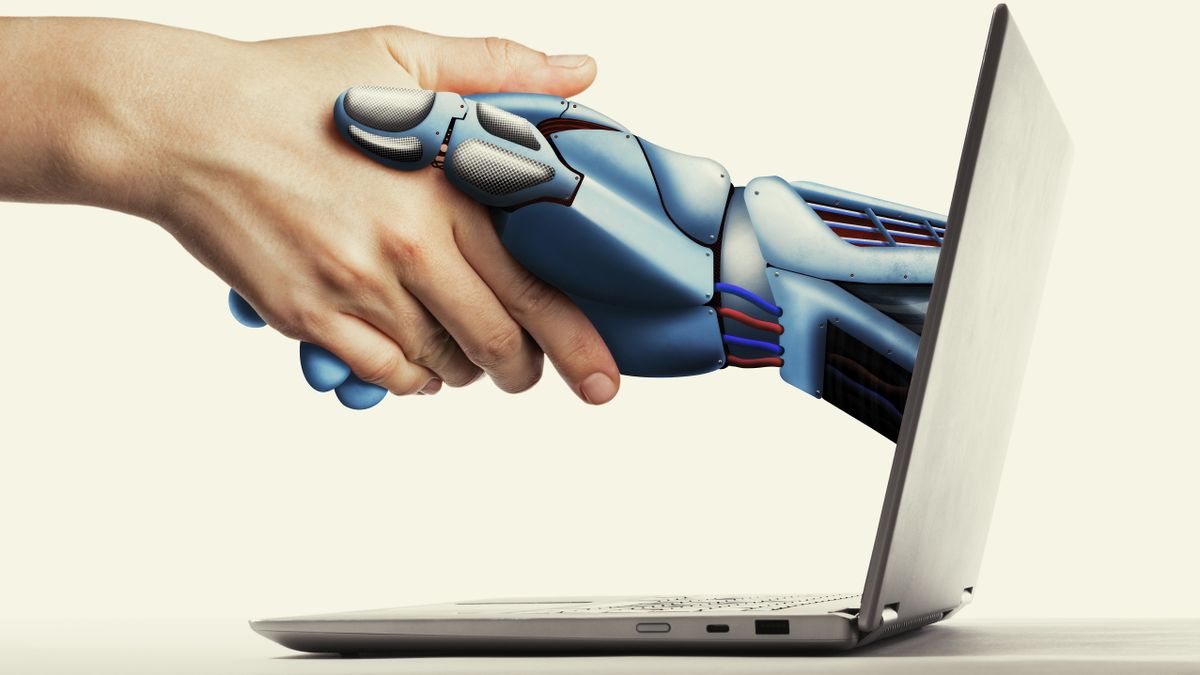More than a third of U.S. workers are worried that artificial intelligence (AI) will result in them having their hours or salary slashed, or losing their job entirely, two new surveys found.
The surveys, conducted by YouGov, found that 36 percent of full-time and part-time workers are concerned that AI will take over their jobs.
Of the employees who use AI tools at work, 20 percent are very concerned that it will change their careers and 25 percent are somewhat concerned, the surveys found.
Additionally, more workers now think AI will reduce jobs in their industries than a year ago. In a June 2023 survey, 33 percent of respondents said they think AI will reduce the number of jobs in their sector. In the more recent survey, that number jumped to 43 percent.
Despite concerns, more workers over the last year said AI will increase the number of jobs available in their industries.
Most people think that AI will have a beneficial impact on day-to-day tasks at work. Fifty-six percent of respondents believe AI will increase automation of routine tasks and 51 percent said it’ll help with workplace monitoring of employees, the surveys found.
While many think AI will help with some parts of their jobs, concerns remain when it comes to keeping the job itself. Fifty-six percent of workers said AI will decrease job opportunities, 55 percent said it will decrease workers’ hours and 51 percent say it will decrease workers’ pay.
The survey comes as AI tech has become widely popular and used across many industries. There are concerns about the unregulated nature of the quickly evolving technology.
The two YouGov surveys were conducted March 14-18 among 2,000 U.S. adults. The margin of error is 4 percent.
Copyright 2024 Nexstar Media Inc. All rights reserved. This material may not be published, broadcast, rewritten, or redistributed.










